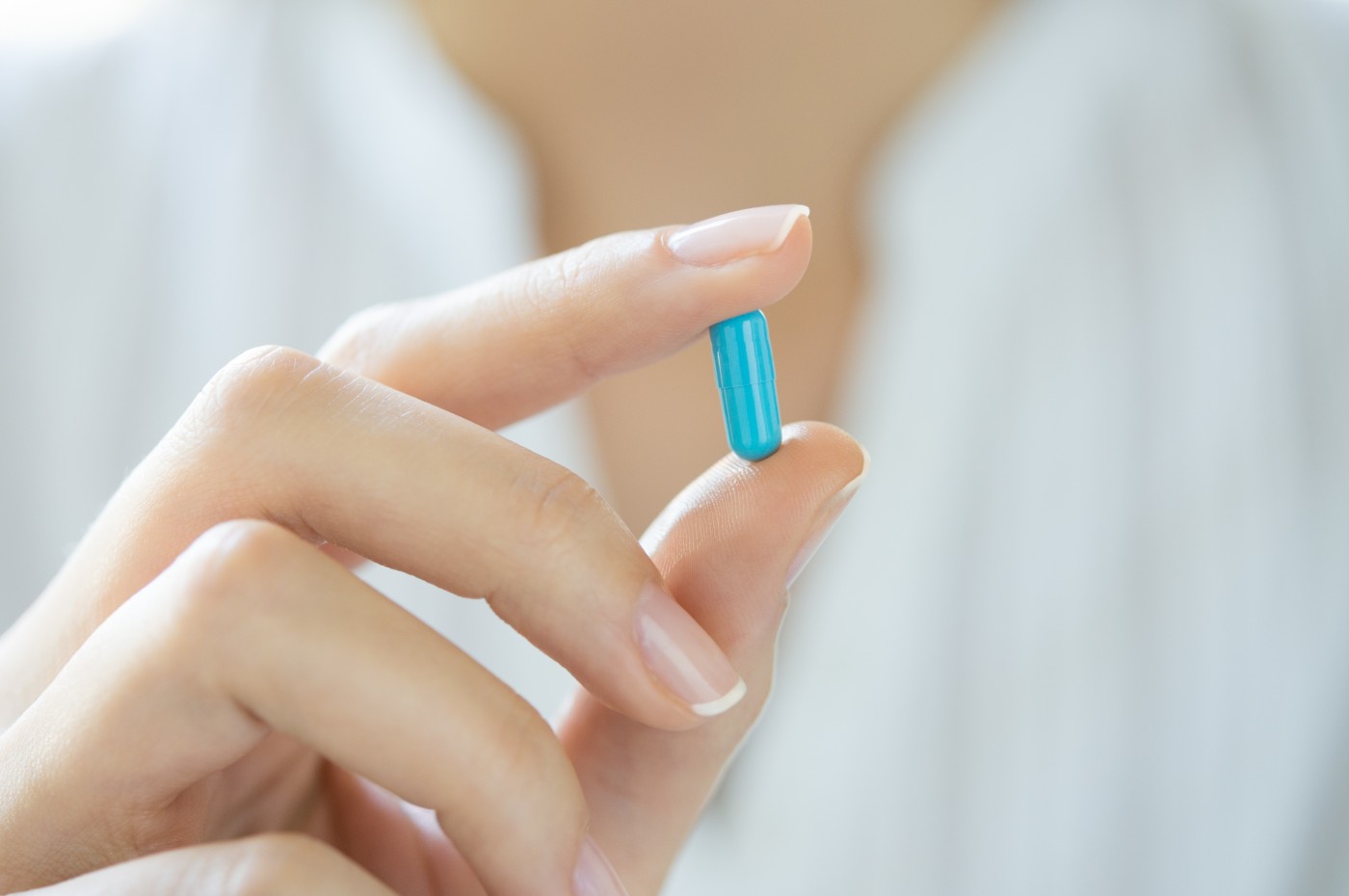EXCLUSIVE: Top MS Researcher Gives Interview With MS News Today After Presenting New Data on Biogen’s TECFIDERA at #ECTRIMS2015

A top MS researcher for Biogen Idec answered questions in an exclusive interview with Multiple Sclerosis News Today correspondent Dr. Ana de Barros at a Satellite Symposia entitled “MS developments: transitioning evidence into clinical practice” presented by the company this morning at the 31st Congress of the European Committee for Treatment and Research in Multiple Sclerosis (ECTRIMS), currently taking place in Barcelona, Spain, October 7 – 10, 2015. The interview and first presentation of the Symposia was given by Dr. Andrew Chan from Ruhr-Universitat Bochum, Germany, entitled “Weighing-up the evidence with new therapies and new benefits,” which highlighted recent findings on Biogen’s MS therapy TECFIDERA.
TECFIDERA (dimethyl fumarate) currently is the most prescribed oral multiple sclerosis (MS) treatment worldwide. It has been shown to reduce relapse rates, slow disability progression and the number of MS brain lesions. In terms of safety, it has a favorable benefit-risk profile in patients with relapsing forms of MS.
In his presentation, Dr. Chan described data from three different phase 3 clinical trials on TECFIDERA: the DEFINE (Determination of the Efficacy and safety of oral Fumarate IN relapsing-rEmitting MS), a two-year study on more than 1.200 RRMS patients to assess TECFIDERA compared to a placebo, the CONFIRM (COmparator and aN oral Fumarate In Relapsing-remitting MS), a two-year study of more than 1,400 RRMS patients to assess TECFIDERA compared to a placebo and glatiramer acetate therapy, and finally the ENDORSE study, an ongoing trial to determine TECFIDERA’s long-term safety and efficacy on 1,738 RRMS patients who completed the DEFINE or CONFIRM studies. When enrolling the ENDORSE trial, patients who had previously received the placebo or glatiramer acetate for two years started treatment with TECFIDERA. The team plans to follow these patients for up to eight years.
Dr. Chan mentioned in his talk that, “TECFIDERA works reasonably quickly,” inducing a reduction in relapse rate and disability progression over time. As with several drugs for severe diseases, Dr. Chang added that in terms of treatment, “the earlier, the better.”
The most common adverse events associated with TECFIDERA treatment have been reported to be flushing and gastrointestinal (GI) events. During the first year of treatment, patients may also experience a decrease in mean lymphocyte counts (lymphopenia), important immune cells in the lymphatic system. Severe and prolonged lymphopenia can lead to progressive multifocal leukoencephalopathy (PML), a rare, often fatal brain disorder caused by JC virus infection and characterized by inflammation and progressive damage to the myelin layer that covers and protects nerves.
Dr. Chan emphasized that during the first year after initiating treatment with TECFIDERA, patients may be vulnerable to a low lymphocyte count, although in these specific three trials, “60.1% of the patients had absolute lymphocyte counts within normal ranges at all time points” noted Dr. Chan.
Dr. Ana de Barros from Multiple Sclerosis News Today conducted a brief, exclusive interview with Dr. Chan at the end of the Symposium. Topics such as treatment timing, adverse side effects and future outcomes were addressed. Watch the exclusive interview below:






